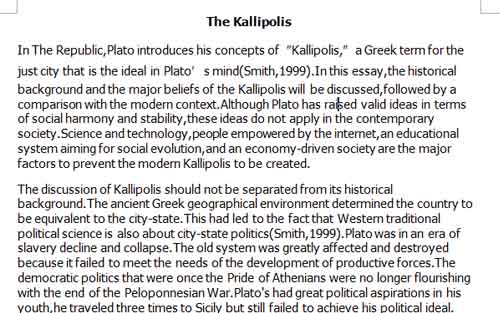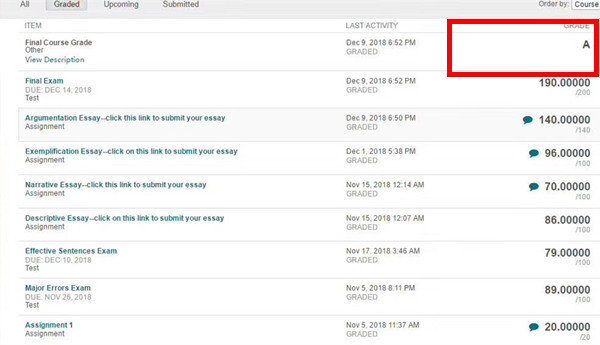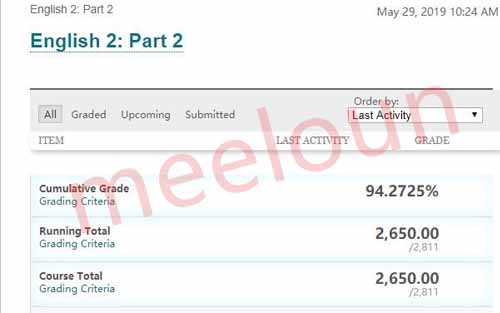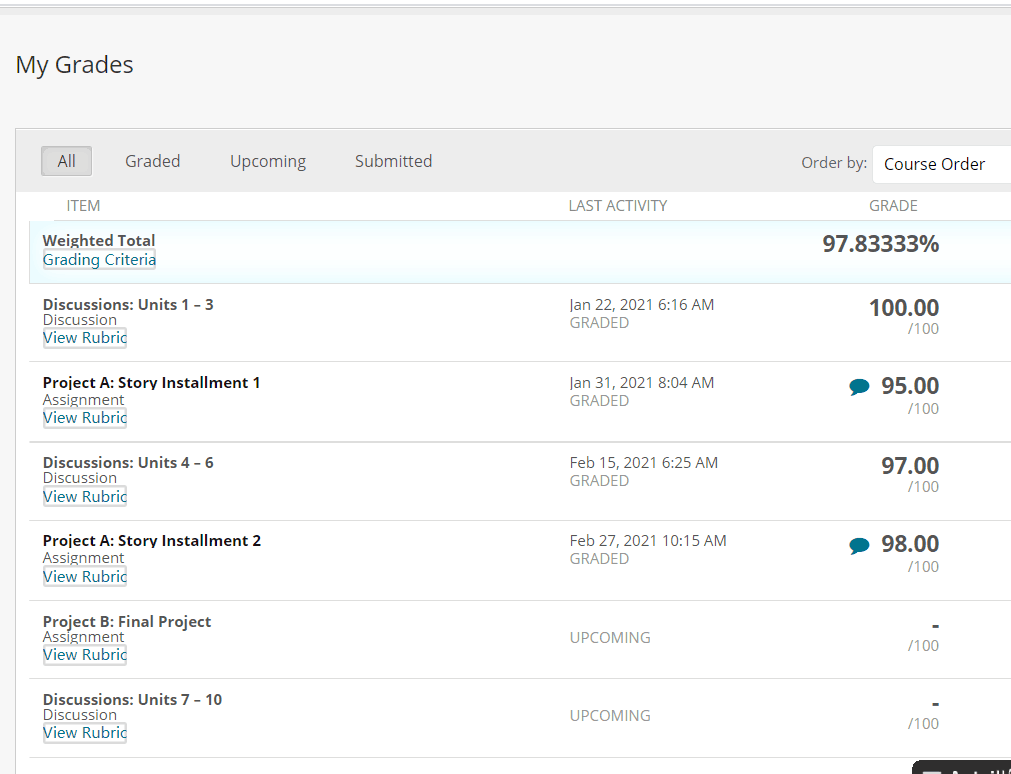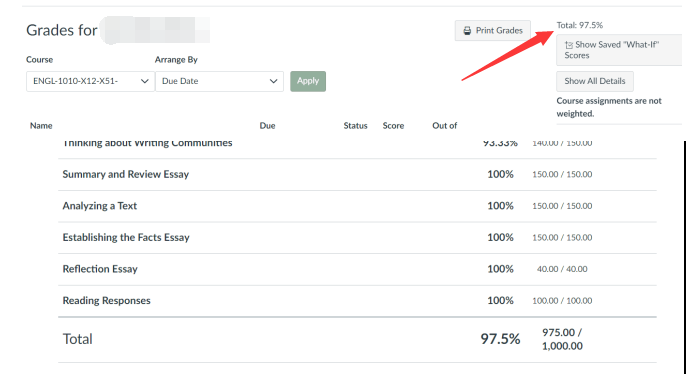本文是一篇Paper代写范文,题目为Global Strategies for Growth,范文主要讨论了在资本国际化和经济全球化的新形势下,如何运用全球战略,实现产品、技术和组织体系在全球市场的合理有效配置,最终形成国际知名品牌,已成为企业发展中不可回避的问题中国企业的过程。

Introduction引言
Under the new situation of capital internationalization and economic globalization,how to use the global strategy to realize the reasonable and effective allocation of products,technology and organization system in the global market,and finally form the internationally recognized famous brand has become an unavoidable problem in the development process of Chinese enterprises.Since China's accession to the WTO,many large and medium-sized enterprises have gradually embarked on the road of internationalization through trade,M&A,FDI and other means.However,due to the lack of international integration in management mode,business strategy and corporate culture of Chinese enterprises,the international business performance of most Chinese enterprises is not very good.Throughout the development process of internationalization of Chinese enterprises,Lenovo Group has not only achieved great success in its internationalization development,but also has great reference and enlightenment for many Chinese enterprises that are exploring the path of internationalization.In 1984,Lenovo Group was founded.After more than 30 years of development,in 2019,Lenovo's products have gradually developed from personal computers to servers,printers,mainboards,laptops,palmtops,smartphones,smart TVs,all-in-one computers,etc.the products are distributed in more than 180 countries and markets around the world,with 57000 employees and a turnover of more than 350 billion yuan.Lenovo is one of the top 500 companies in the world.In 2015,Lenovo ranked 74 on the list of the world's top 500 brands,an increase of 12 on a year-on-year basis;in the 2015 list of the top 100 global brand values released by Interbrand,Lenovo ranked 100th with a high price of$4.1 billion,which is the first time Lenovo has been selected as the top 100 global brand values.Such remarkable achievements are closely related to Lenovo's global strategy.But at the same time,Lenovo also made a lot of mistakes in the process of international operation.Lenovo still lacks confidence in its own brand when it has obtained the absolute leading position in China's PC field.Although Lenovo acquired Motorola in 1990,IBM in 2004 and other international strategies,it has played a very good role in improving the brand awareness of the enterprise,but at the same time,there are many problems in the management after the acquisition,including difficulties in cross-cultural integration,loss of customers,and business strategy errors.In addition,Lenovo's main target consumer country is only the United States,the leading western country.Other Chinese enterprises,such as Huawei,Xiaomi,vivo and oppo,also attach great importance to the international market,but they all put the main battlefield in their own base-China.Even in the international market,under the strict market competition environment constraints of the United States and other western developed countries,many foreign key markets have been transferred to developing countries such as India.Lenovo's strategy of taking the U.S.as its main target consumer not only lost the growth of sales in the international market,but also allowed other IT enterprises(Huawei,Xiaomi,vivo,oppo)to occupy the Chinese market.This paper will analyze Lenovo's internationalization process from the aspect of brand positioning,diversification strategy,star,global value added and global challenge.
资本国际化和经济全球化的新形势下,如何使用全球战略实现合理有效的分配产品,在全球市场,技术和组织系统,最后形成了国际公认的著名品牌已经成为中国企业在开发过程中不可避免的问题。自中国加入WTO以来,许多大中型企业通过贸易、并购、FDI等手段逐步走上了国际化的道路。然而,由于中国企业在管理模式、经营战略和企业文化等方面缺乏国际整合,中国企业的国际经营绩效并不十分良好。在中国企业国际化的发展过程中,联想集团不仅在国际化发展上取得了巨大的成功,而且对许多正在探索国际化道路的中国企业也有很大的借鉴和启示。1984年,联想集团成立。经过30多年的发展,在2019年,联想的产品已逐渐由个人电脑,服务器,打印机,主板,笔记本电脑、掌上电脑、智能手机、智能电视、一体化的计算机,等产品分布在全球180多个国家和市场,拥有57000名员工,营业额超过3500亿元。联想是世界500强企业之一。2015年,联想在全球品牌500强中排名74位,同比增长12位;在Interbrand发布的2015年全球品牌价值100强榜单中,联想以41亿美元的高价排名第100位,这是联想首次入选全球品牌价值100强。这些成就与联想的全球战略息息相关。但与此同时,联想在国际化经营的过程中也犯了很多错误。联想在中国PC领域取得绝对领先地位的同时,仍然对自己的品牌缺乏信心。尽管联想在1990年收购摩托罗拉,IBM在2004年和其他国际战略,它发挥了很好的作用,提高企业的品牌知名度,但与此同时,在并购后的管理有许多问题,包括跨文化整合的困难,失去客户和业务战略错误。此外,联想的主要目标消费国家仅是西方领先国家美国。华为、小米、vivo、oppo等中国企业也十分重视国际市场,但主战场都在自己的基地——中国。即使在国际市场上,在美国等西方发达国家严格的市场竞争环境制约下,许多国外关键市场也转移到了印度等发展中国家。联想以美国为主要目标消费者的战略,不仅失去了在国际市场的销售增长,也让其他IT企业(华为、小米、vivo、oppo)占领了中国市场。本文将从品牌定位、多元化战略、明星、全球增值、全球挑战等方面分析联想的国际化进程。
Global Competitive Strategy全球竞争战略
Lenovo Group began to plan the international development direction in 2001,taking"high technology,perfect service and globalization"as the development goal;in 2003,Lenovo Group changed its name,reorganized its brand structure,and started to promote the brand concept in an all-round way;in 2004,IBM personal computer business was acquired by Lenovo Group,and Lenovo Group promoted the brand internationally with the help of IBM's brand and channel(van Duijl,2006).;in 2007,Lenovo Group began to take"Lenovo"as the main brand in the world,and since then,Lenovo Group has begun to expand rapidly around the world.
联想集团从2001年开始规划国际化发展方向,以“高技术、完善服务、全球化”为发展目标;2003年,联想集团更名,重组品牌结构,开始全面推广品牌理念;2004年,IBM个人电脑业务被联想集团收购,联想集团借助IBM的品牌和渠道在国际上进行推广(van Duijl,2006);2007年,联想集团开始以“联想”为全球主打品牌,开始在全球范围内迅速扩张。
Brand positioning品牌定位
The key words of Lenovo's brand positioning are:do,creativity,and aggressiveness.Its target consumers are young people who have the ability to act and are aggressive workers in various industries.The brand image building effect that Lenovo expects is:first of all,"do"means that Lenovo's products have strong functionality and shaping,and the audience can have strong interaction with Lenovo's brand(Mathews,2006).The relationship between Lenovo and the audience is not defined by traditional companies and consumers.Lenovo can be the dream booster of the audience or consumers.Consumers should have a strong sense of"friend"for Lenovo.In terms of brand reputation,Lenovo's brand image should be positive.This kind of"positive"is reflected in three aspects:first,the interaction between Lenovo and consumers should be positive,and consumers or audiences are expected to perceive Lenovo's"openness"and"inclusiveness",rather than a relatively closed state;second,Lenovo's brand products and services should have a positive impact on consumption and"do"related use scenarios;third,Lenovo's product quality and price should be the same,and it is a high-end brand.Finally,in terms of the uniqueness of brand Lenovo,the brand image of Lenovo should be different from that of competitors at the same level in the industry,such as Dell and HP,which should be significantly different from them,while it has a sense of convergence with leading brands in the industry such as apple or Samsung.
Diversified business多元化的业务
The transformation from business unification to diversification.Lenovo's strategic transformation is directly reflected in business restructuring,including six"basic businesses":consumer information technology equipment,commercial information technology equipment,handheld equipment,information operation,information technology services,component contract manufacturing(Wang&WANG,2012).The market of these basic businesses has been very saturated.In order to enter a more segmented market,Lenovo's leaders decided to establish wireless communication business unit,handheld equipment business unit,broadband network business unit and server network business unit through consultation.Although the diversified development has made Lenovo a further market segment,it has also hit the PC industry to a certain extent.Therefore,in Lenovo's later policies,it focuses more on the PC industry,and other industries are only auxiliary development(Zwanenburg&Farhoomand,2018).
STAR
Home Country
National specific advantage(CSAs)refers to the factors unique to the home country that can be used by enterprises,including system,policy,market scale and low-cost labor force(Alon&McIntyre,2008).Lenovo Group has obtained support from the Chinese government in terms of system,finance and information when carrying out its internationalization strategy.
Institutional support
The Chinese government actively participates in or strengthens various bilateral,multilateral and regional treaties,and enhances its influence in international organizations.Such as Shanghai Cooperation Organization,APEC,ASEM and other cooperation mechanisms(Lin&Farrell,2014).These measures optimize the investment environment of Lenovo Group in the host country and provide protection and international institutional support for Lenovo Group's internationalization strategy.In China,Lenovo group received tax relief and financial subsidies,which reduced the operating costs of Lenovo Group.The Chinese government simplified the audit process of enterprise OFDI,thus shortening the time from formulation to implementation of Lenovo's OFDI strategy,which is conducive to Lenovo enterprises to seize investment opportunities and optimize resource allocation.
Financial support
Lenovo Group needs high capital requirements for its internationalization strategy.The Chinese government provides support to enterprises in foreign exchange,loans,insurance,special funds and other aspects,specifically as follows:gradually relax foreign exchange control,facilitate foreign exchange,improve the internationalization level of RMB;banks provide low interest or interest free loans to OFDI,establish overseas branches to better serve the overseas operation of Chinese enterprises;policy financial institutions,such as the export and import bank,export credit insurance company to provide special loans and political risk insurance for enterprises;takes the lead in setting up infrastructure investment bank in Asia;and establishes a silk road fund,which provides funds for projects involved in"one belt and one road"construction(Torelli&Rodas,2016).
Information support
The internationalization strategy of Lenovo Group challenges the information searching ability of enterprises.China's Ministry of Commerce has systematically collected and issued overseas investment guidelines,which details the economic,political,geographical and cultural environment,investment potential and investment policies,investment procedures and precautions,as well as investment risk tips and risk response measures of each country.
Supplier and Partner countries
Lenovo's main suppliers and partner countries are Southeast Asian developing countries such as Vietnam and Thailand.Lenovo has more than 60 industrial bases in Southeast Asian countries,which supply raw materials and spare parts for Lenovo.The advantages and disadvantages of Lenovo's direct operation in these countries include:
1.Cultural distance is relatively close.China is close to its neighboring countries,with similar customs and cultural backgrounds.Culture is the booster of economic development.The more similar the cultures of the two countries are,the more conducive they are to the communication and exchange between the social subjects of the two countries,enhance the penetration of economic aspects,and promote economic development.For Lenovo enterprises,the closer the host country's culture is to its home country's culture,the lower the cost for Lenovo enterprises to obtain information,be familiar with the market,and develop the market,and the lower the possibility for Lenovo enterprises to suffer from national resistance and market risk caused by the lack of understanding of local customs and other reasons(Yeung,et al.,2011).
2.Low cost of human resources.Southeast Asian countries are developing countries,and their economic level is relatively backward compared with China.As a result,the cost of human resources in Southeast Asian countries is low.Lenovo Group's business is labor-intensive,low cost of human resources can save a lot of operating costs for enterprises.
3.Preferential policies.In order to acquire the technology R&D ability and management skills of high-tech enterprises,Southeast Asian countries have formulated many preferential policies to attract high-tech enterprises to invest and run factories in these countries.Therefore,Lenovo Group can obtain a lot of tax preferences and convenient access policies when entering these countries,and reduce the operational risk and cost of Lenovo Group.
4.High level of corruption.Besides Singapore,most Southeast Asian countries are seriously corrupt in the corruption index,and the level of corruption governance is very poor.Cambodia is one of the countries with extreme corruption,which has occupied the end of the corruption index for a long time.Corruption and poverty have long plagued and restricted the development of the country,and are also deterring many external investment due to its high risk of corruption(Torelli&Cheng,2015).When Lenovo invests in these countries,it needs to make use of the"convenient hand"to engage in corrupt rent-seeking behavior.On the one hand,it increases the business risk of the enterprise,and on the other hand,it increases the business cost of the enterprise.
5.Lack of high-tech talents.The education level of Southeast Asia and other surrounding countries is very low,and the local labor force is lack of technical and management capabilities.Lenovo Group can only use local low-cost labor force to run factories in these countries,but high-tech talents need to be introduced from home,which not only increases the operating cost of enterprises,but also increases the risk of cross-cultural management(Torelli,2013).




